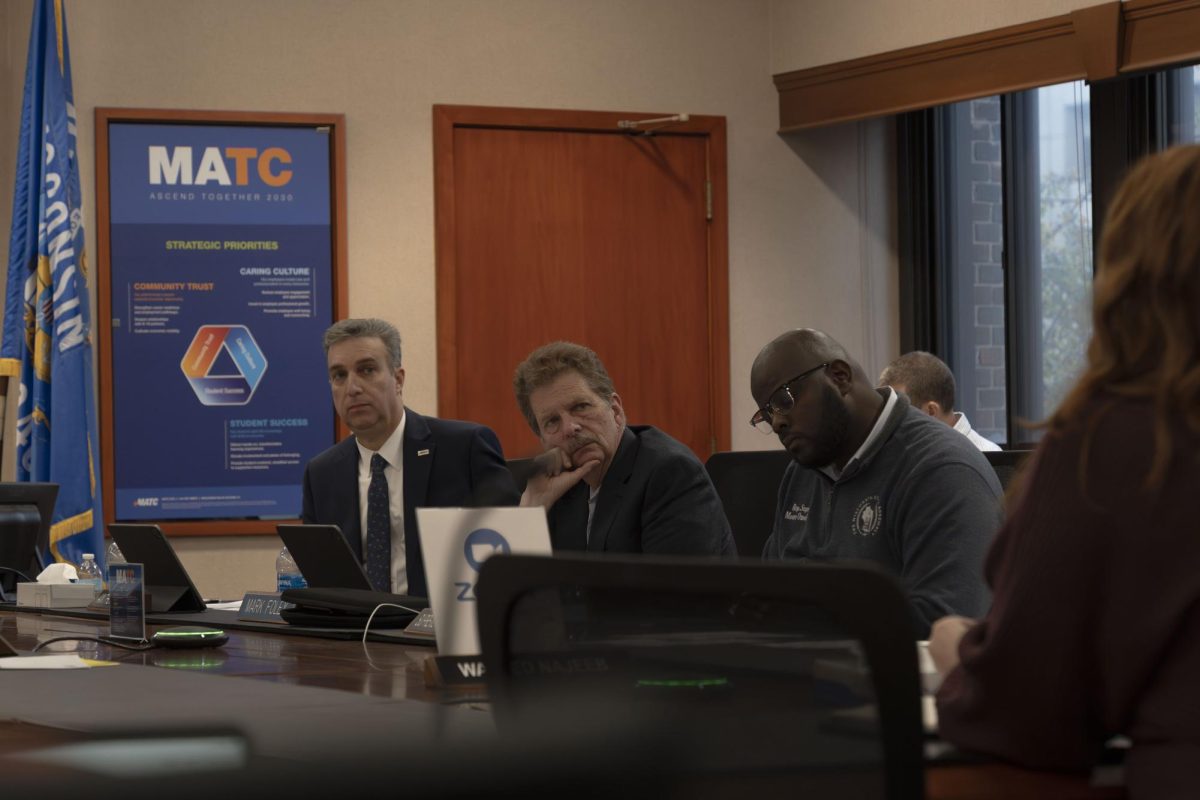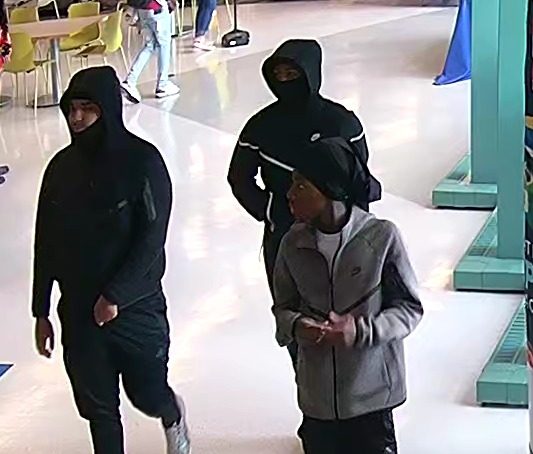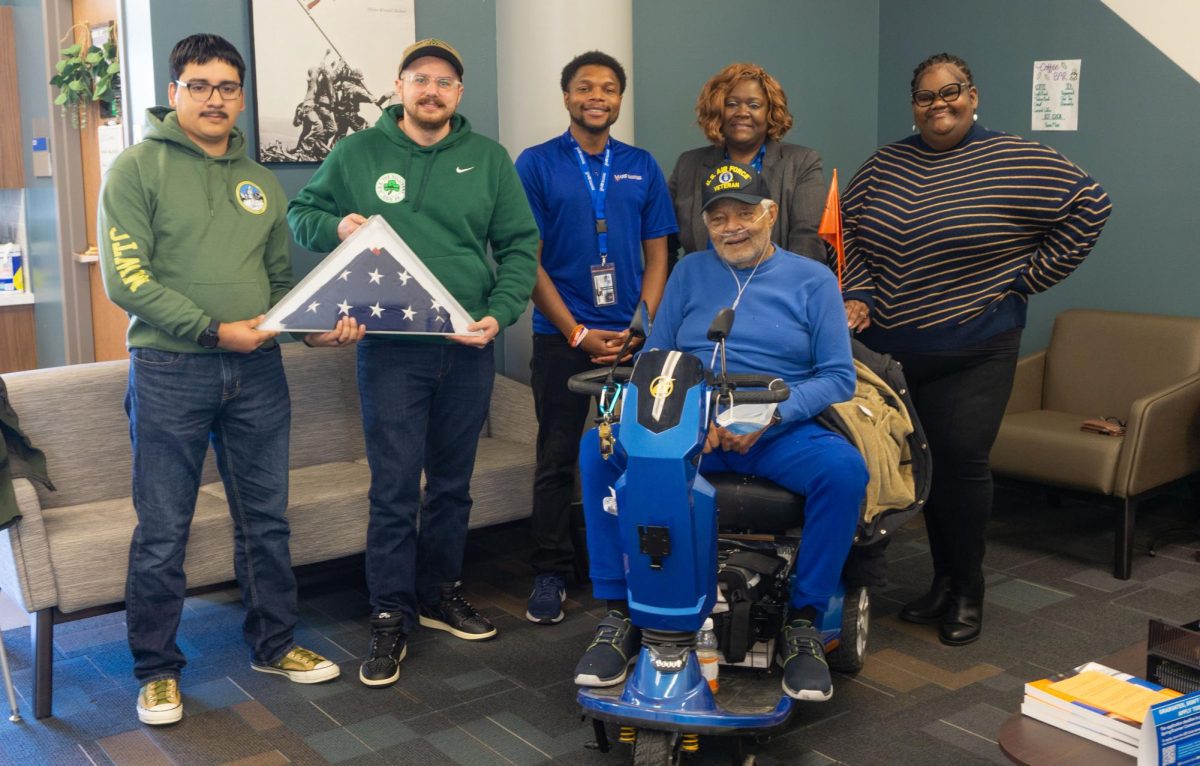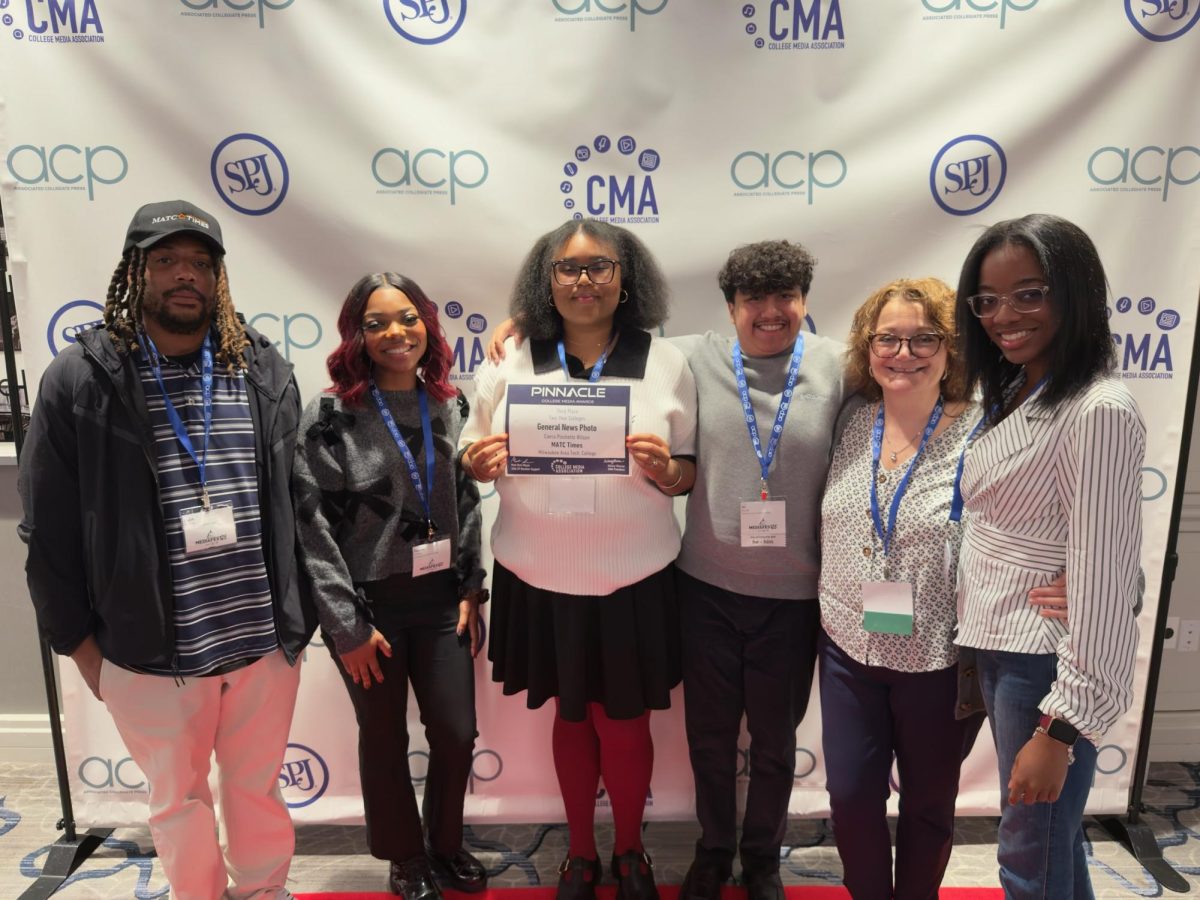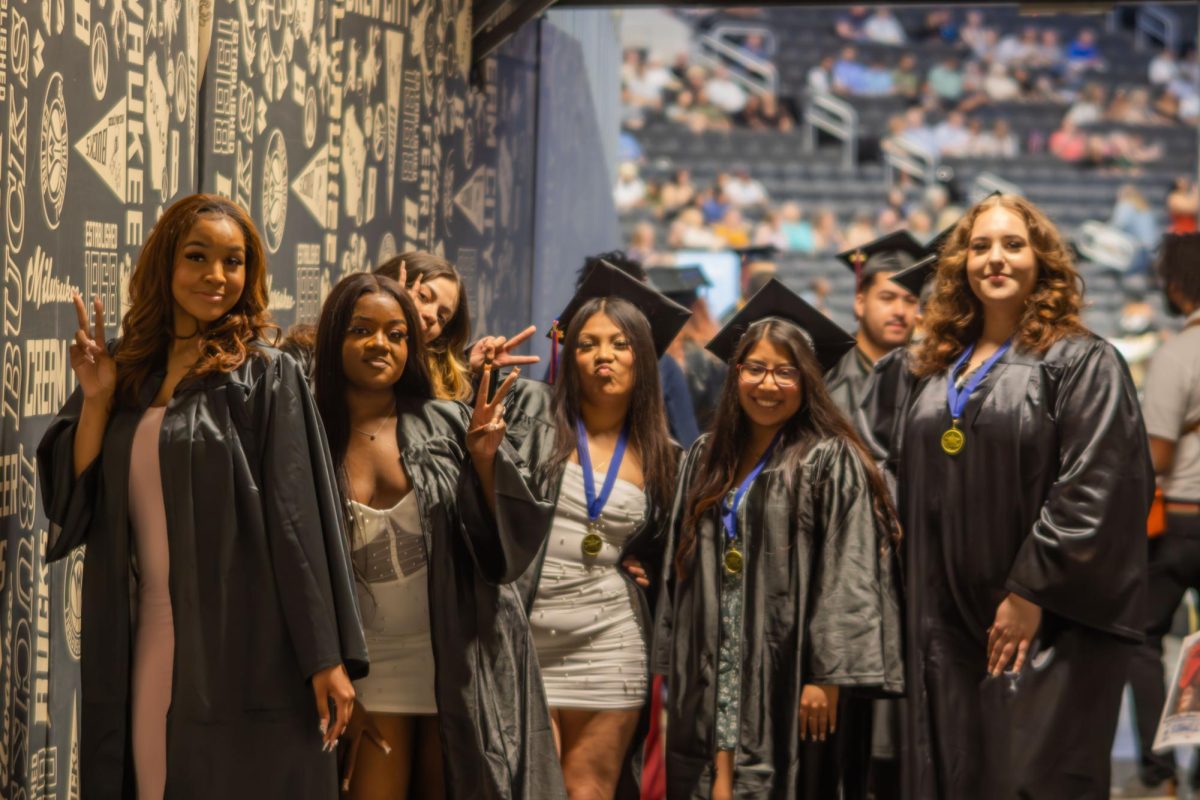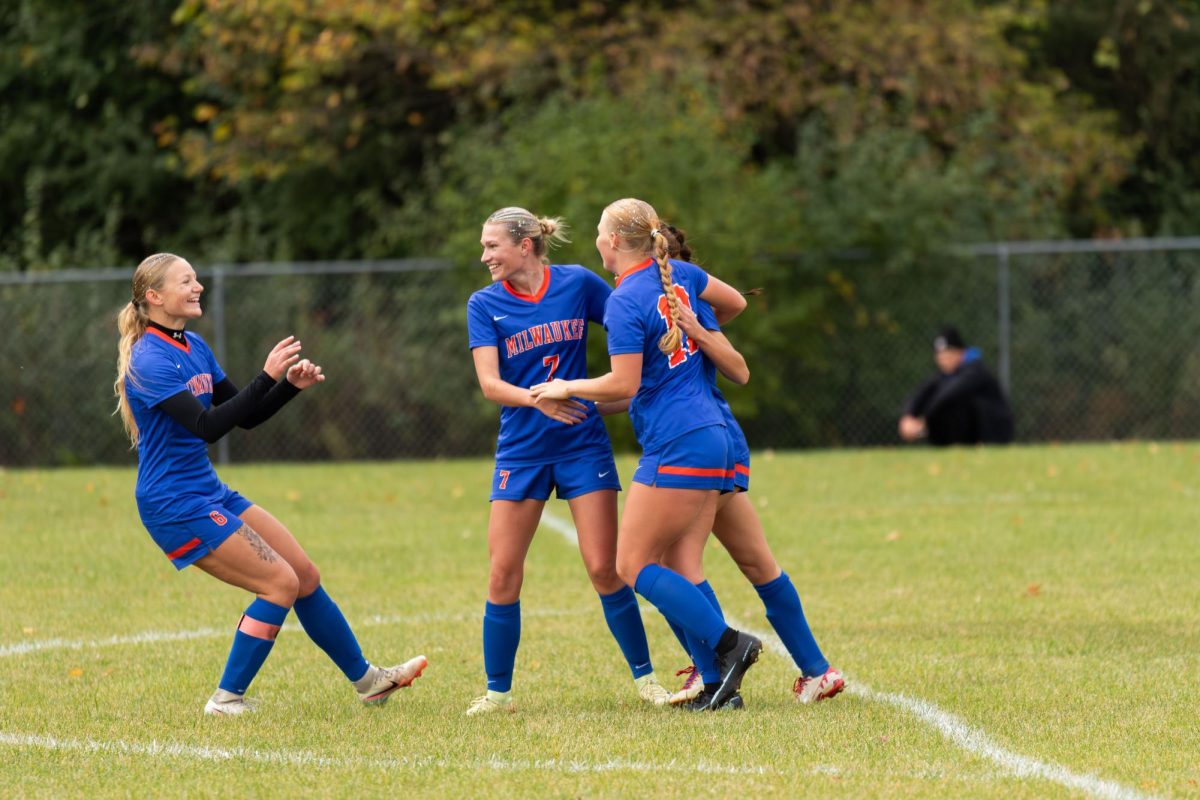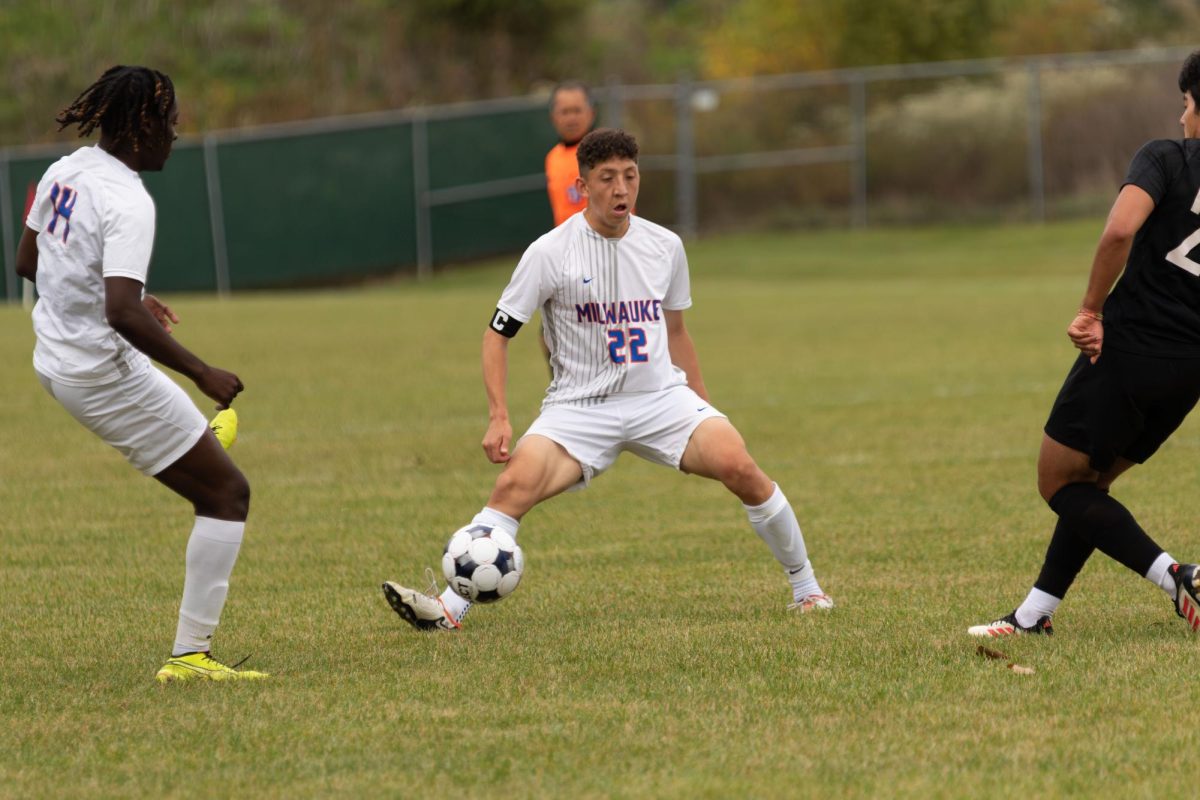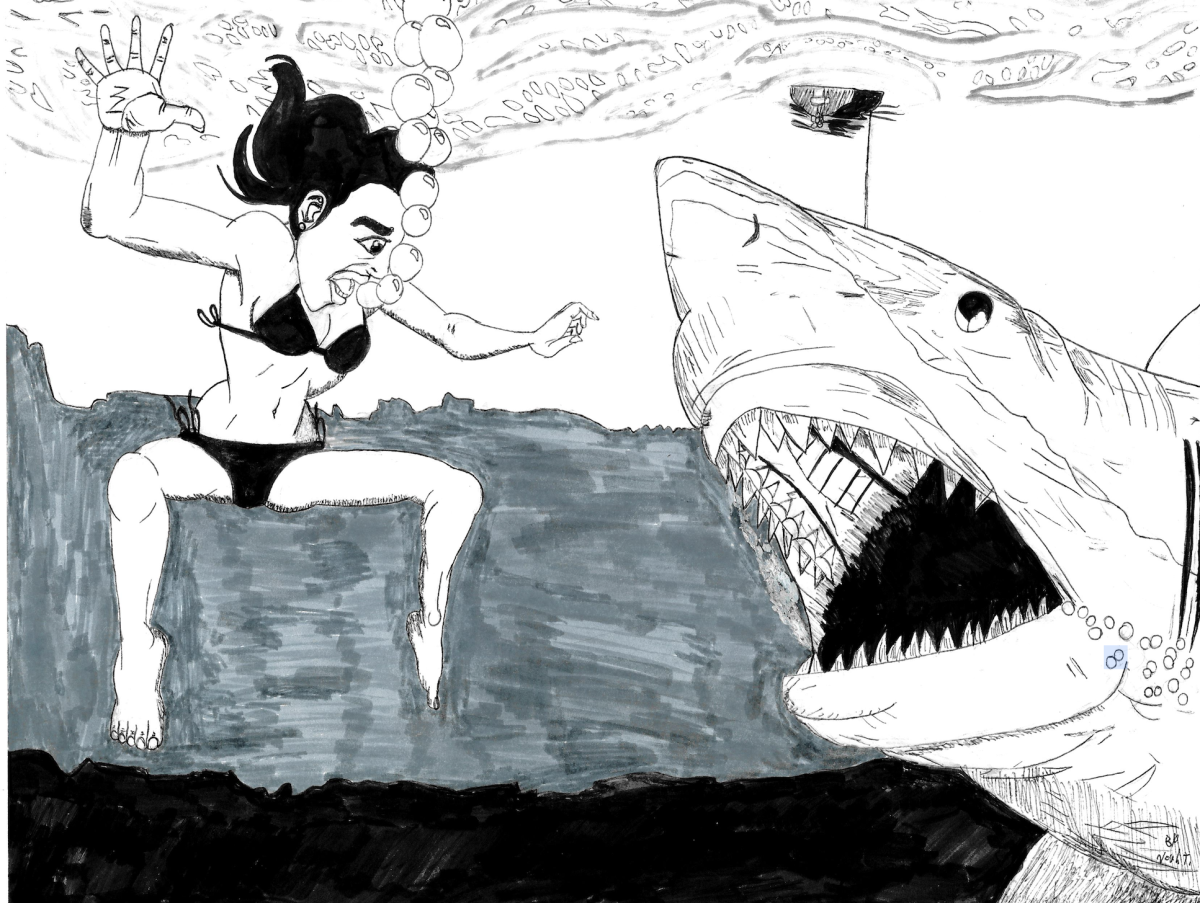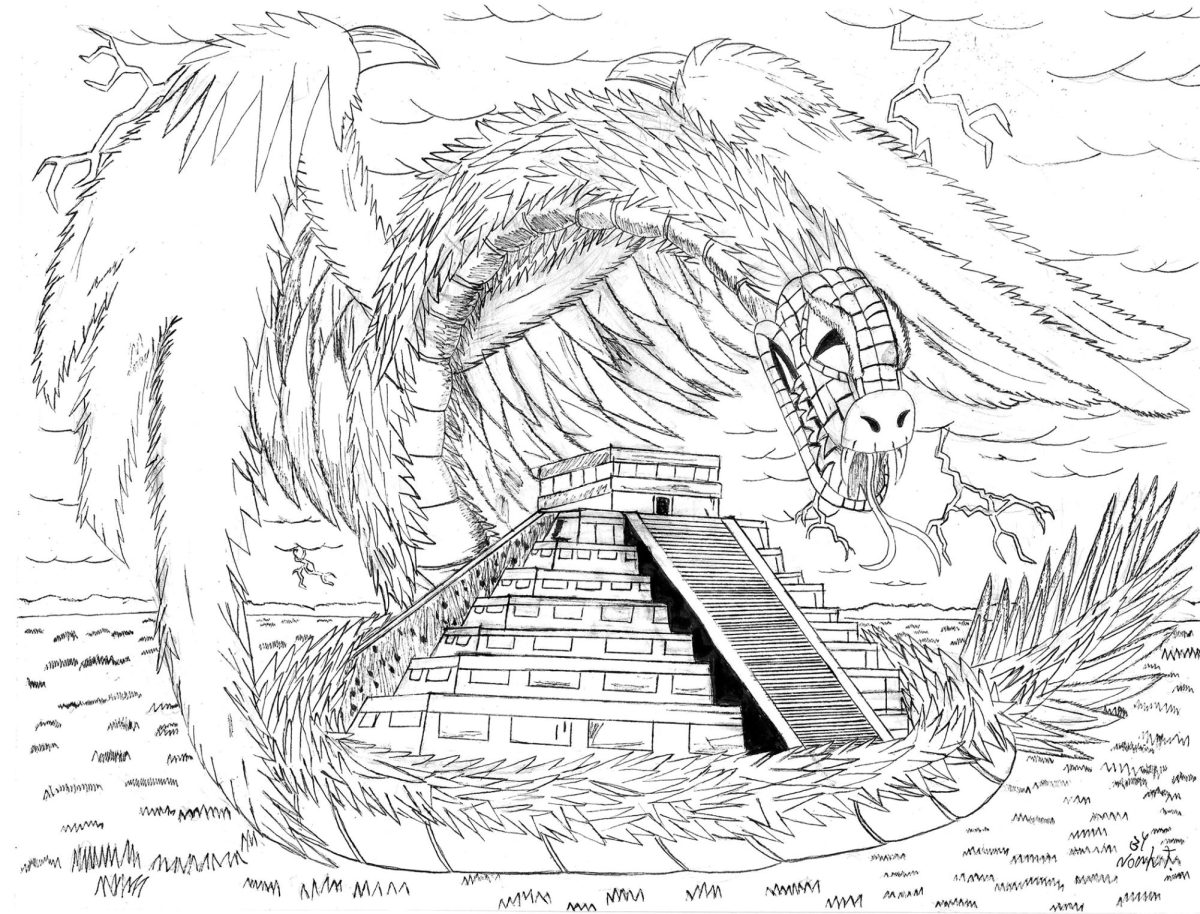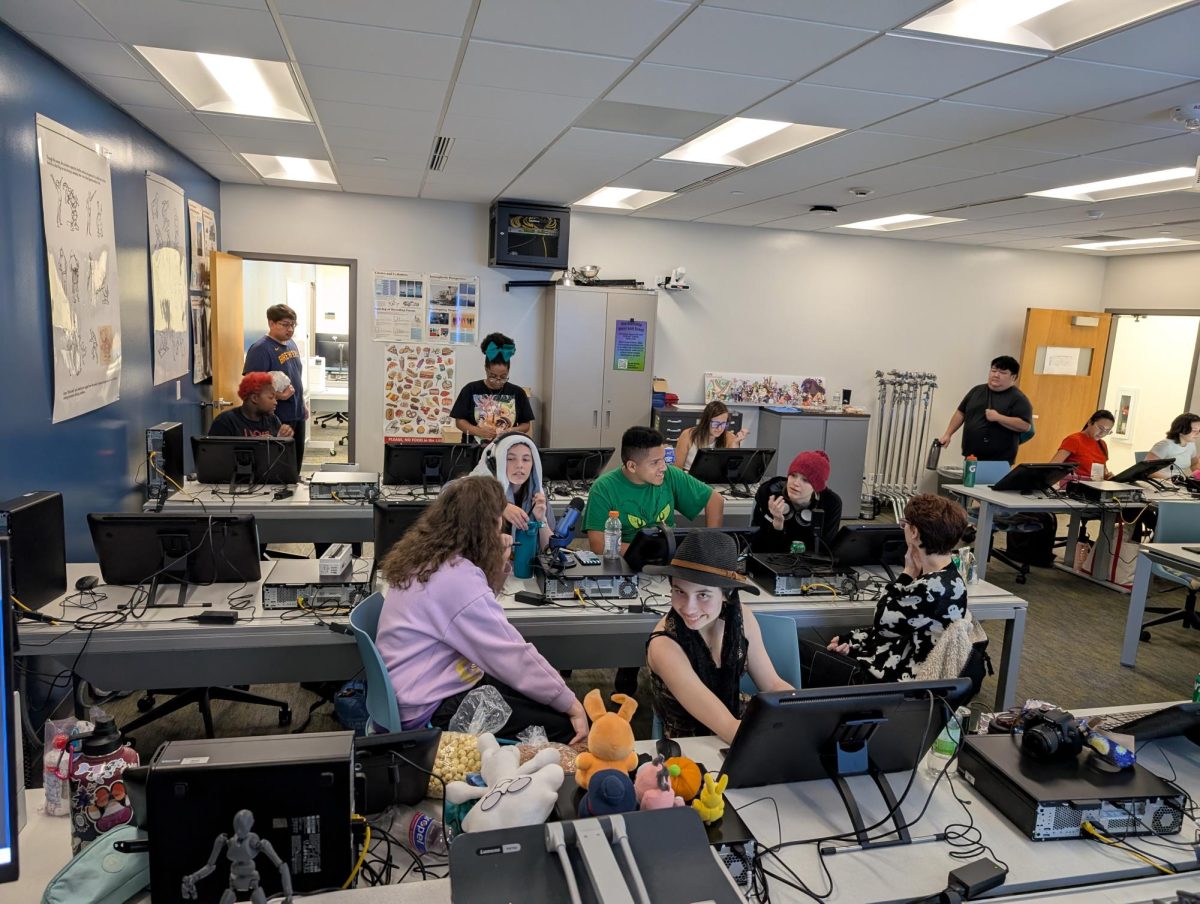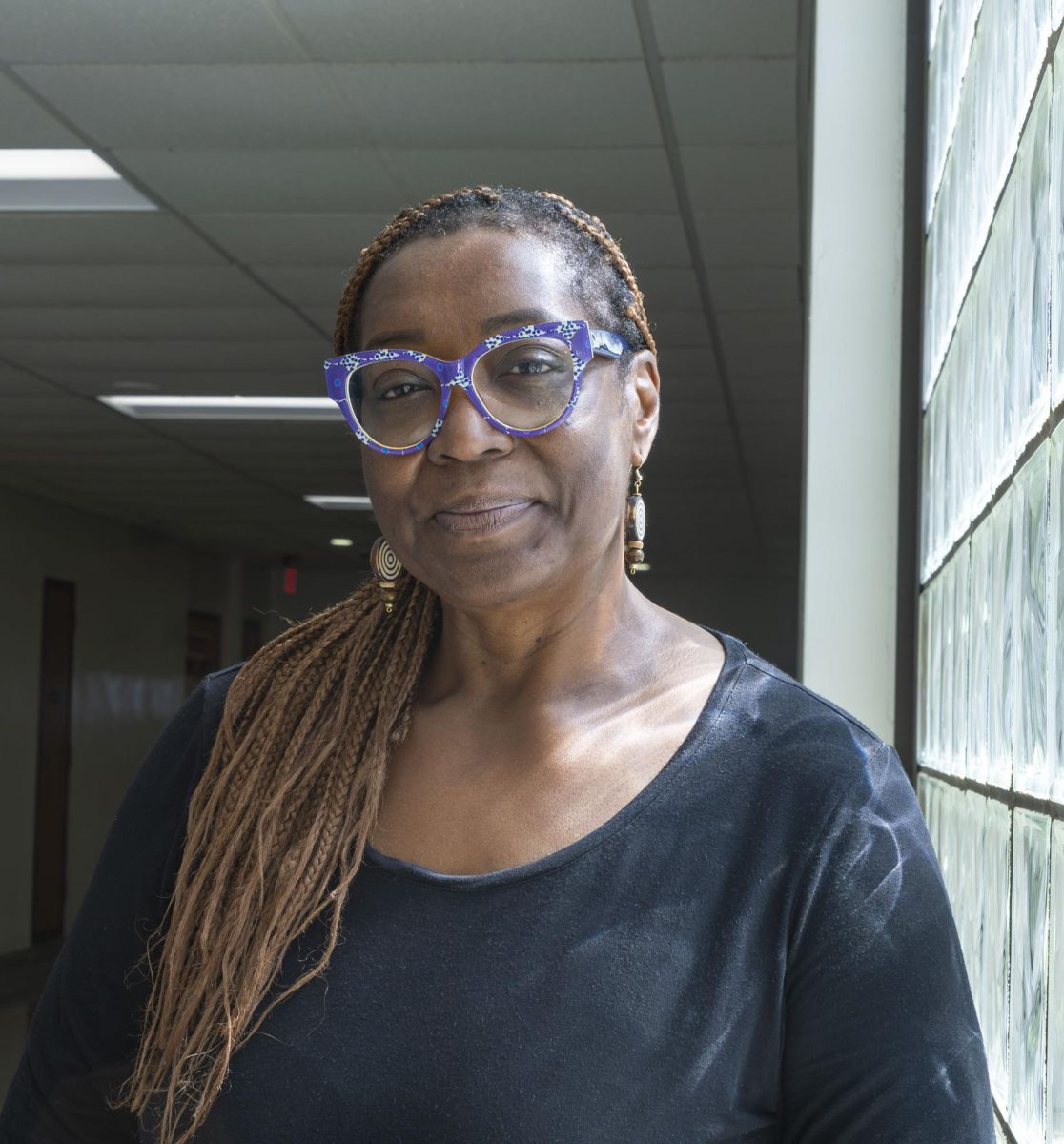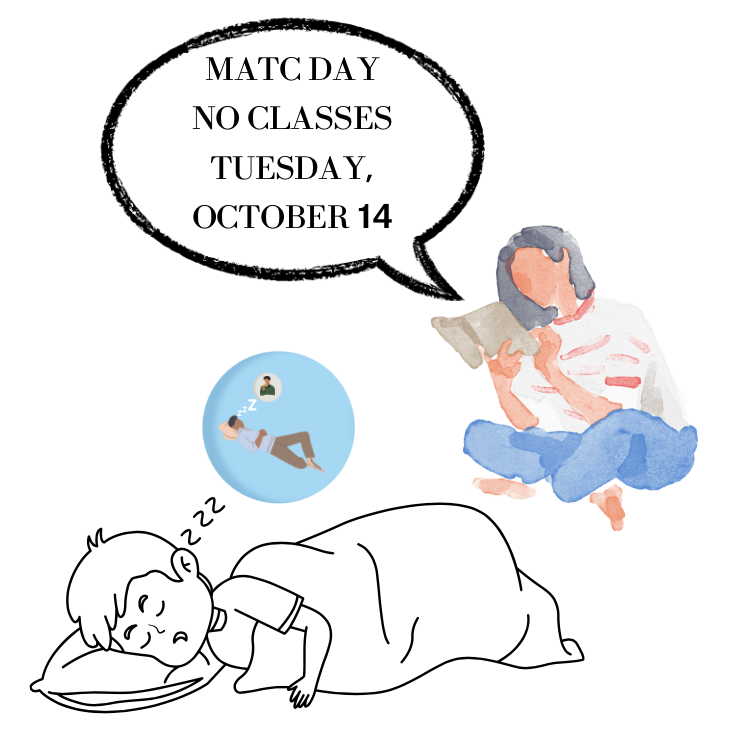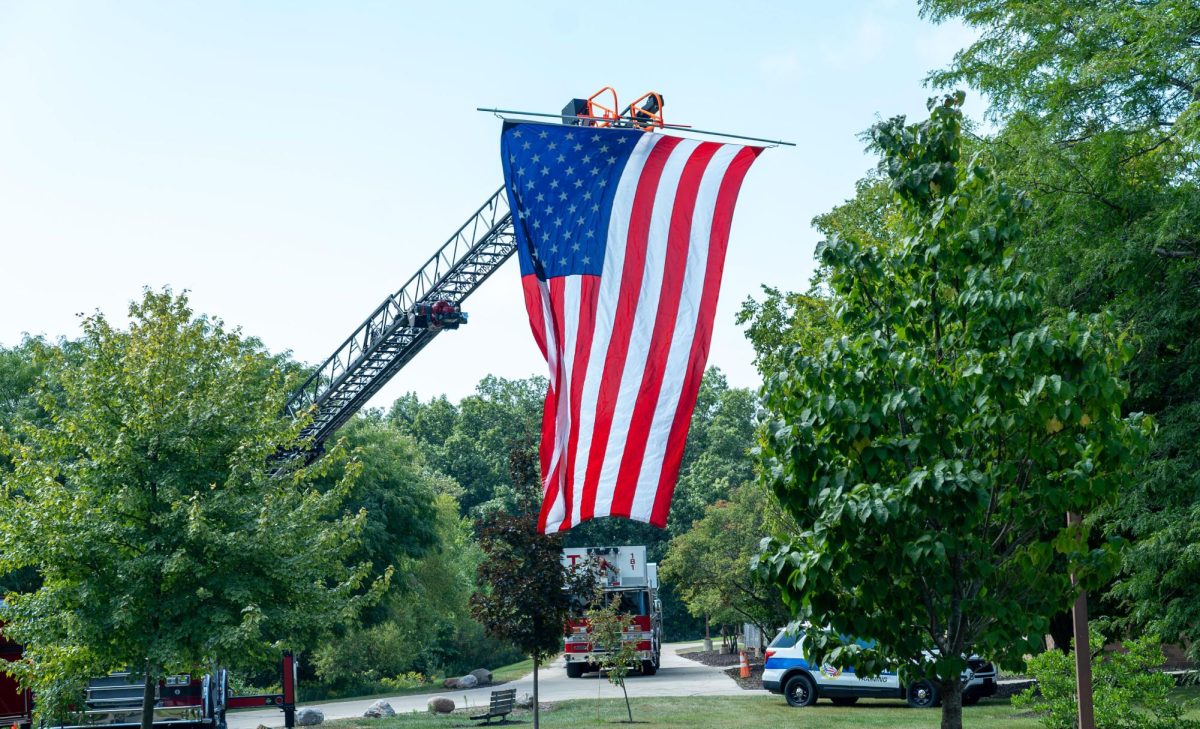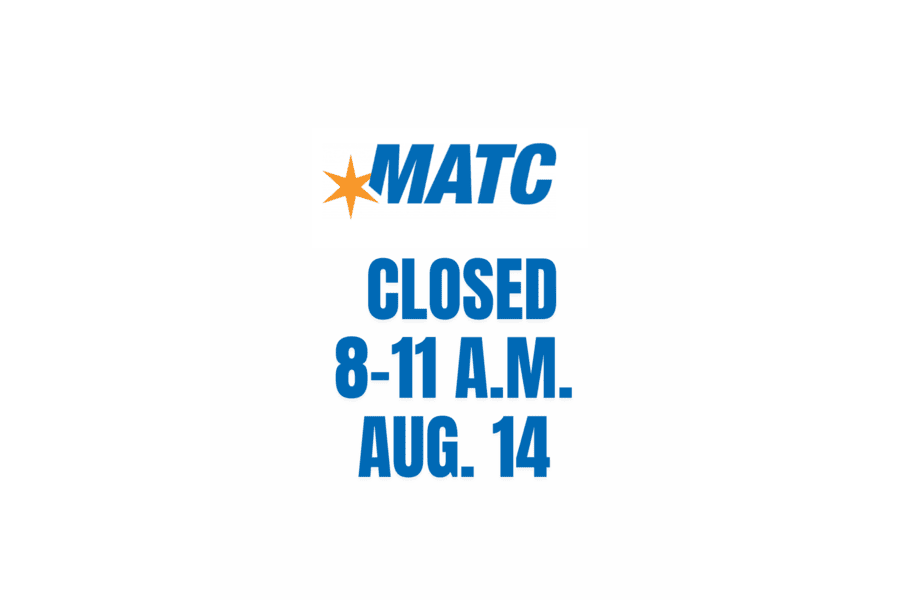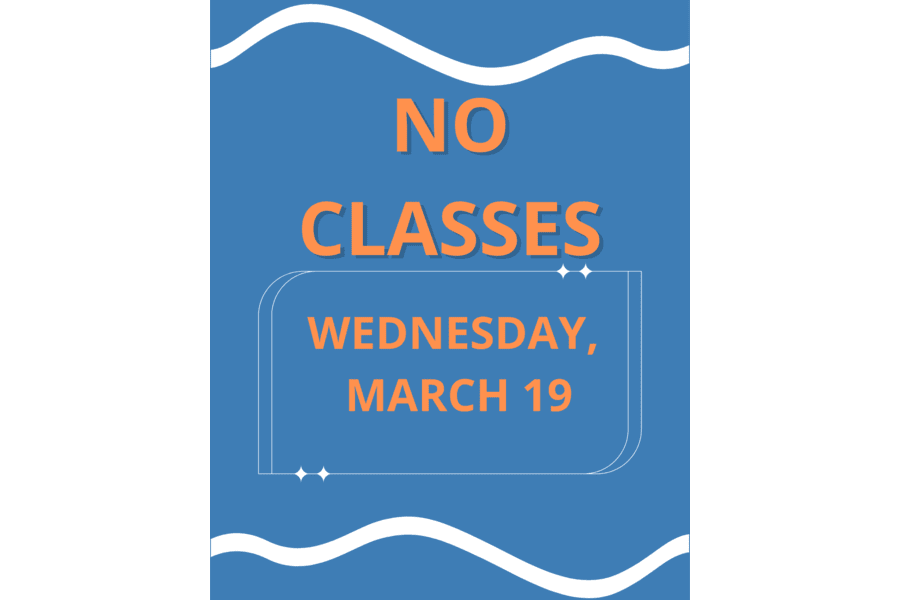It was a cool fall day when students – our students – spoke with congressional staff members about concerns students face everyday, but they didn’t come to speak on their behalf; their job was to speak on your behalf, about your concerns. This is the ultimate mission of ASACC. This past October, members of MATC’s Student Senate joined other community colleges in Washington DC to learn the leadership skills necessary to approach members of Congress and voice the needs of college students. The group that facilitates the training is the American Student Association of Community Colleges or ASACC.
The mission for ASACC, according to Allen Rauth, is to train students in leadership, citizenship, and advocacy. Rauth is the Great Lakes regional representative for ASACC, and also sits on the legislative chair for MATC. His areas of concern include “government issues that are pertaining to students,” such as focusing on any bills that may currently be trying to pass.
The conferences, which occurred in DC, not only provided the training, but also allowed students to meet with members of Congress. “We remind them how important Pell grants are to students,” Rauth said.
Rauth explained that ASACC understands that members of Congress can’t always meet with people. However, this means they don’t always see how having access, or not having access, to the Pell grant affects students personally. This is why ASACC believes it is vital for members of Congress to meet with students, Rauth stated. He added, “We like to go there and bring them new faces and bring them new stories.”
Another important message that ASACC tries to help members of Congress understand is that students are an investment, Rauth stated. “We try to encourage our representatives that we are an investment for the future,” Rauth said, adding that ASACC reminds members in Congress that students are worth that investment.
ASACC meets twice in DC, once in the fall and the other time in spring. According to Rauth, in the fall they reinforce priorities that were addressed last spring.
In spring, ASACC sets 3-5 priorities out of all of the suggestions sent in by members of different colleges’ Student Senates. Subjects of usual priorities include Pell grants. “We’re going to keep Pell grants a top priority,” Rauth said.
The suggestions that most of the schools are focused on are usually what ASACC will choose as priorities, Rauth stated. “What this does is focuses the voice of all the schools and everybody that participates (into one voice),” he added.
As for next spring, “One of the biggest things we’re looking for is lowering the price of textbooks and lowering the age where a student can be declared independent,” Rauth said. He explained that although the age of independent is currently 23 or 24, many students are on their own and are paying their own way at a much younger age.
Nick Kasprzak, Vice President of Mequon, and Vice President of Student Life Committee or SLC, has a concern he feels needs to be addressed. Last year Kasprzak was working as a CNC machinist, but “I lost my job last November,” he said.
Because of the income he had last year, he doesn’t qualify for any grants, “because (financial aid) goes off last year’s taxes,” Kasprzak explained.
Kasprzak explained his situation to both of the Legislative Assistants, Shannon Diamant from Senator Kohl’s office and Amanda Beaumont from Senator Feingold’s office.
The senators were not in session at the time of the conference. “They (can) add a line that if you’re a displaced worker, your taxes won’t affect (your current financial aid),” Kasprzak told both the staff members.
As requested by Beaumont from Senator Feingold’s office, Kasprzak, Rauth and other members of ASACC are compiling statistics on the number of students this situation affects. During the spring conference Kasprzak plans to request this situation be added to the list of priorities. Other members of the Student Senate told of how the Pell grant is needed, and how having access to the funding is important.
ASACC trains students to become leaders, to take that training back to their college, and to encourage others to join, Rauth stated. ASACC’s focus is on technical and community colleges because “technical and community colleges hold the same power that four-year colleges do and that community colleges should be recognized on the same pedestal as four-year universities,” he said.
Rauth added the work that ASACC does to improve funding for grants, and other areas, affects both the two-year and the four-year colleges as a whole “because Pell grants are available at any university.”
Rauth suggested that all students become involved. One way for students to get involved is to become a member of the Student Senate.
According to Rauth, a student needs to get 25 signatures, have a decent GPA, and be in good standing in the school. “There is a voting process,” he said before it’s officially done.
To become even more involved, once a student is a part of a Student Senate they can join ASACC. To be a member of ASACC, there is an application process, you have to be in good standing and an active member of your student senate, and there is an interviewing process that is held during the summer leadership conference, Rauth explained. The next conference will be next summer right here in Milwaukee, Rauth added.
According to Rauth, the responsibilities he has for being a member of ASACC include recruiting other community colleges in the Great Lakes region, monthly conference calls to other ASACC representatives and to help empower students to get involved.
Another way to become involved is within your own community, Rauth said. “Don’t be afraid to ask questions.” Such questions include asking those in Congress how money was allocated, Rauth stated. “I think representatives like to see students take an active approach,” he said.
Rauth suggests even in getting active in the community, such as going to community board meetings or common council meetings “to learn about things going on in your neighborhood.” He added, simple acts students could do include “getting active, expressing your opinion and seeking knowledge (of the world around them).

